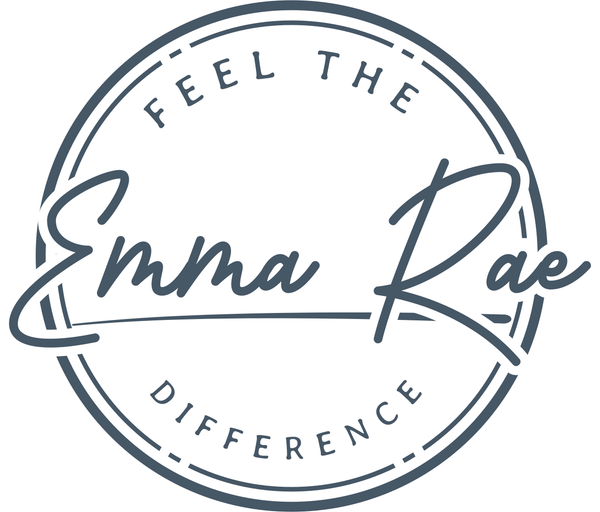Organic Cotton Clothing vs Synthetic Clothing: Which is Better?
When it comes to making sustainable fashion choices, one question that often comes up is whether to opt for organic cotton clothing or synthetic clothing. Both have their own set of advantages and disadvantages, and it's important to weigh the pros and cons before making a decision. In this blog post, we will explore the key differences between these two types of fabrics and help you make an informed choice.
Organic Cotton Clothing, What is it?
Organic cotton clothing is made from cotton that is grown without the use of synthetic pesticides or genetically modified organisms (GMOs). The cultivation of organic cotton promotes healthier ecosystems and reduces the risk of harmful chemicals leaching into the soil and water sources.
Benefits of Organic Cotton Clothing
• Environmental Sustainability: By choosing organic cotton clothing, you directly contribute to a more sustainable fashion industry. The absence of harmful chemicals in organic cotton cultivation ensures better soil quality and supports biodiversity.
• Reduced Allergenic Reactions: Synthetic clothing is known to cause skin irritations and allergies in some cases. Organic cotton, on the other hand, tends to be hypoallergenic and gentle on sensitive skin.
• Better for Workers: Organic cotton farming practices prioritize the health and safety of farmers. By choosing organic cotton clothing, you are indirectly supporting fair trade and ethical labor practices.
Drawbacks of Organic Cotton Clothing
• Higher Production Costs: The cultivation of organic cotton requires more labor and resources, leading to increased production costs. As a result, organic cotton clothing tends to be priced higher than its synthetic counterparts.
• Limited Available Styles: The organic cotton market is still growing, which means that the variety and availability of styles may be more limited compared to synthetic clothing options.
Synthetic Clothing/What is it?
Synthetic clothing is made from petroleum-based materials such as polyester, nylon, and acrylic. These fabrics are created through chemical processes in factories.
Benefits of Synthetic Clothing
• Durability: Synthetic fabrics tend to be more durable and long-lasting compared to organic cotton. They can withstand frequent use and multiple washes without losing their shape or color. (It also means they last a very long time in land fills.)
• Lower Production Costs: Synthetic fabrics are generally cheaper to produce, leading to more affordable clothing options.
• Versatility: The production of synthetic fabrics allows for a wide range of styles, designs, and textures, offering greater fashion choices for consumers.
Drawbacks of Synthetic Clothing
• Environmental Impact: The manufacturing process of synthetic fabrics releases harmful chemicals and contributes to pollution. Additionally, synthetic fibers do not biodegrade easily and can persist in the environment for many years.
• Skin Sensitivity: Some individuals may experience skin irritations and discomfort when wearing synthetic clothing due to its lack of breathability.
• Microplastic Pollution: Washing synthetic garments can release tiny plastic particles called microplastics into water bodies, posing a threat to aquatic ecosystems and marine life.
Making a Choice
Ultimately, the choice between organic cotton clothing and synthetic clothing depends on your priorities and values. If you prioritize health, environmental sustainability, worker well-being, and natural fibers, organic cotton clothing is the way to go. On the other hand, if affordability, synthetic clothing might be a better fit.
Discover the perfect blend of style, sustainability, and comfort at Emma Rae! Our e-commerce site showcases a curated collection of organic cotton clothing, carefully selected from brands that share our commitment to personal health and the planet. Embrace fashion that makes a positive impact while never compromising on your aesthetic preferences. Take a step towards a greener wardrobe and explore our remarkable range - click here to browse now!
Image Credit: https://www.vecteezy.com/free-photos

